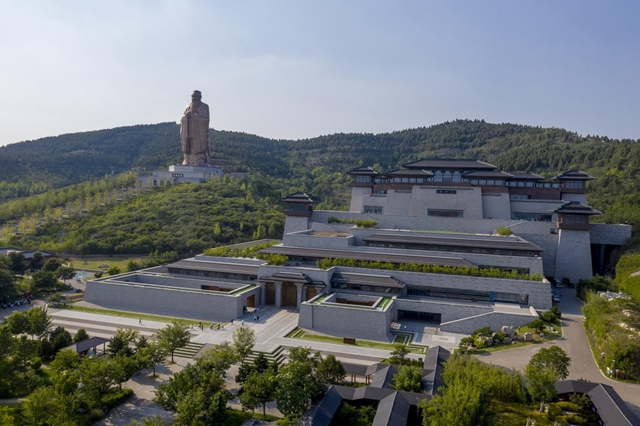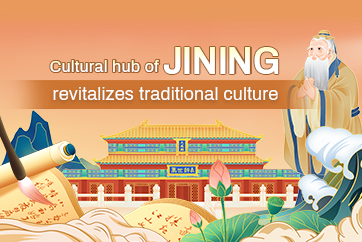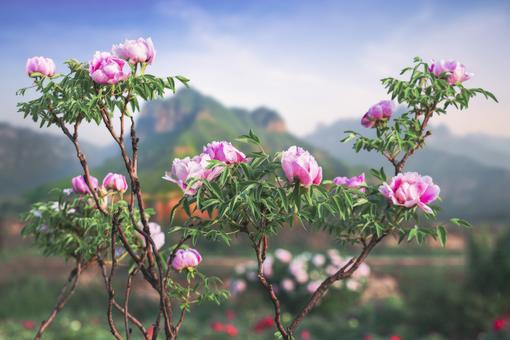Shandong rekindles fine traditional culture
(chinadaily.com.cn)| Updated : 2023-11-09
Print Print
The ninth Nishan Forum on World Civilizations in Qufu, Shandong province, is set to break new ground with expanded international participation and an unwavering commitment to openness. [Photo provided to chinadaily.com.cn]
Shandong, the birthplace of Confucian culture and an important birthplace of Chinese civilization, adheres to tradition while also innovating, allowing traditional Chinese culture to shine in the new era, local media reported.
In recent years, relying on its rich cultural heritage, Shandong has built major cultural platforms such as the Nishan Forum on World Civilizations and the Nishan World Center for Confucian Studies, and has created exemplary zones for the preservation and development of outstanding traditional culture in places like Qufu and Tai'an.
Nishan is just a microcosm of Shandong's new benchmark in cultural innovation.
Qingdao, a coastal city in Shandong, has revitalized its century-old courtyards through urban renewal, making them a popular must-visit spot for locals and tourists.
Weifang has taken the lead in the province by establishing the Weifang Handicraft Museum and the "Shandong Handicraft • Weifang Shangpin" exhibition and sales base, promoting the development of advantageous handmade industries such as kite-making, guitar production, and gold and jewelry processing.
Rizhao has multiple intangible cultural heritage workshops that rely on black pottery, farmers' paintings, and straw and willow weaving, which generate employment and have market potential.
By utilizing local intangible cultural heritage protection facilities, traditional craft training institutes, idle spaces, and existing enterprise workshops for renovation or construction, Rizhao has created relatively concentrated spaces for traditional craft production, training, exchange, and showcasing.
Zibo has created a number of exquisite cultural and creative products. These products incorporate traditional cultural elements of Zibo, such as pottery, silk, and cuju (a form of football), and have been well-received on the market.

 Statistics: Fun facts about Heze's peonies
Statistics: Fun facts about Heze's peonies  Cultural hub of Jining revitalizes traditional culture
Cultural hub of Jining revitalizes traditional culture  Peonies bloom in Heze
Peonies bloom in Heze